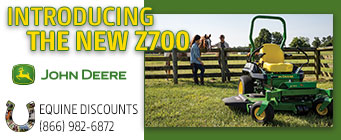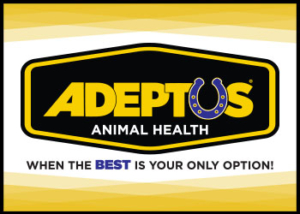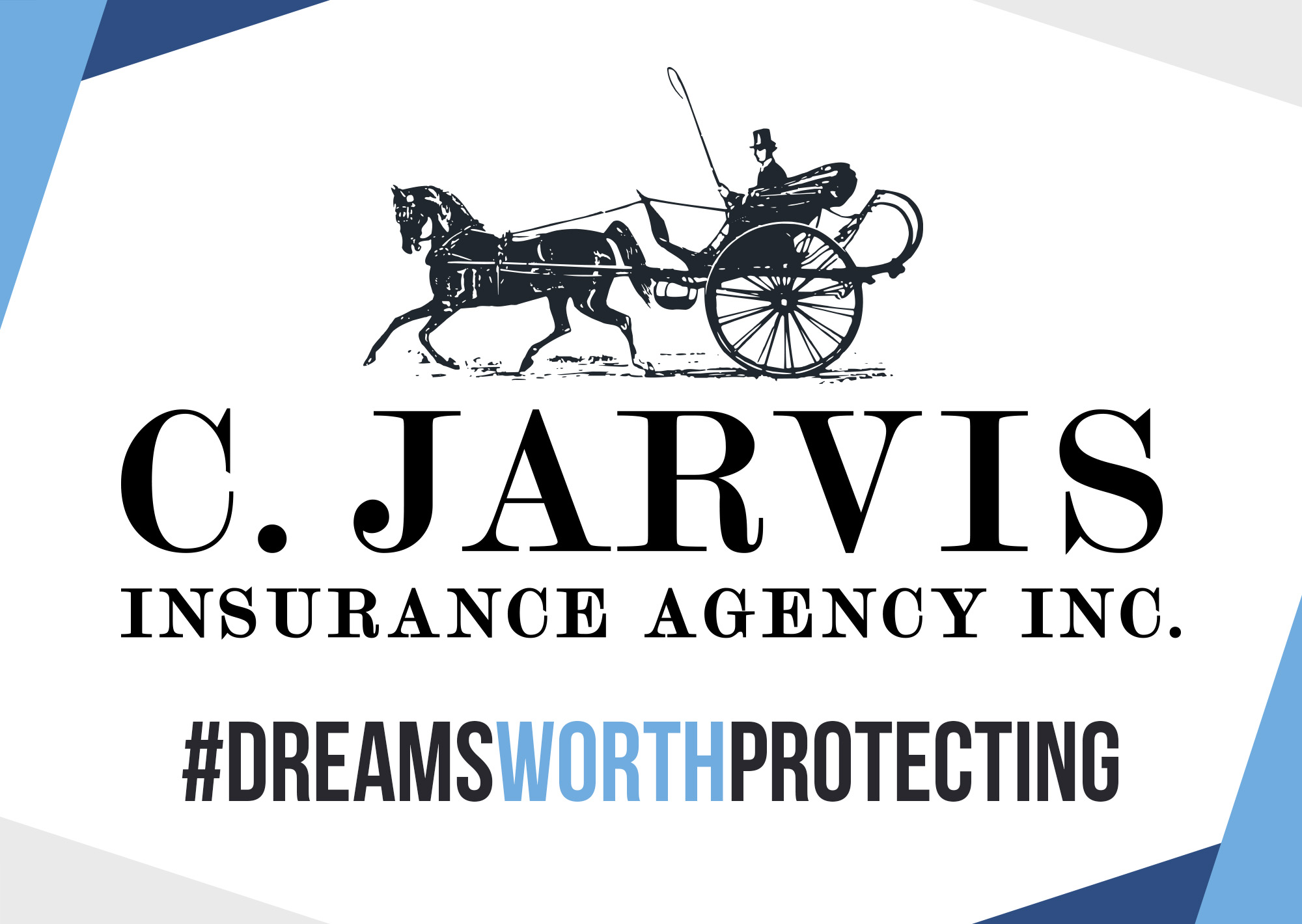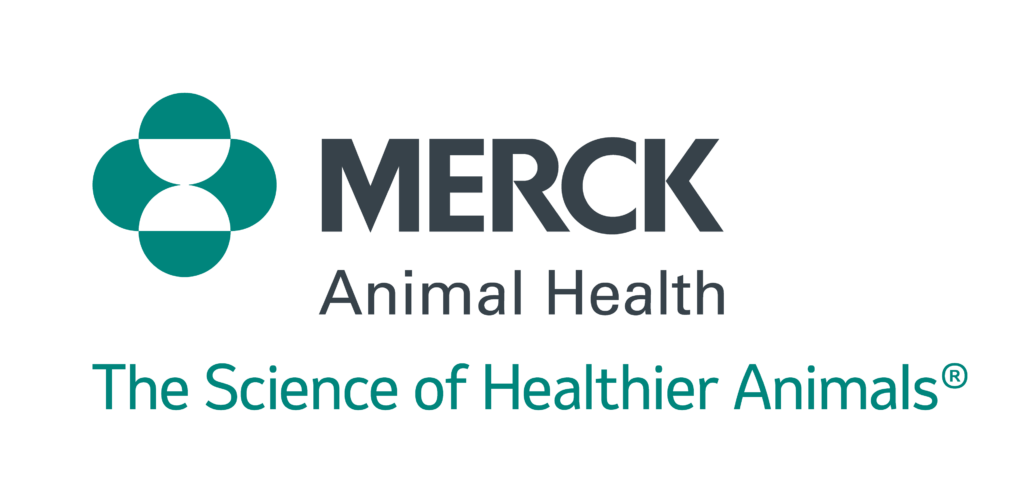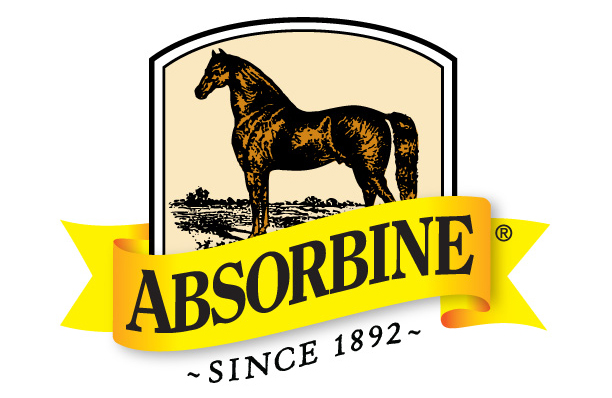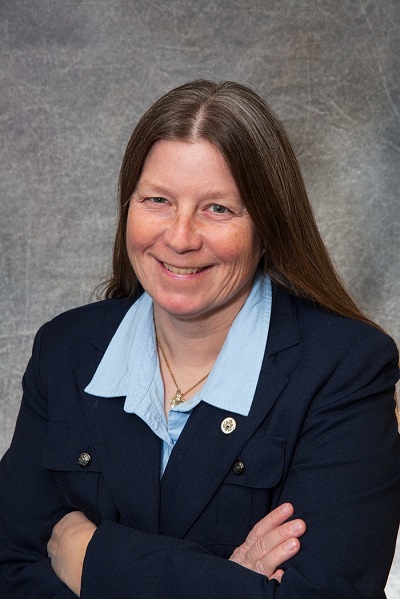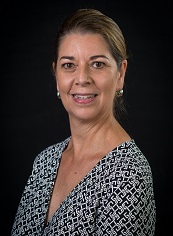AHC 2021 Virtual Congressional Fly-in big success
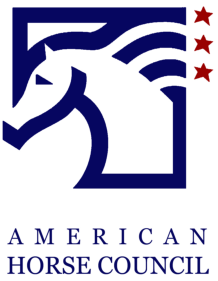
Contact: Julie Broadway
American Horse Council
Phone: 202-296-4031
Email: jbroadway@horsecouncil.org
For Immediate Release
AHC 2021 Virtual Congressional Fly-in big success
(Washington, D.C., November 1, 2021): The American Horse Council (AHC) held its annual fly-in virtually on Thursday, October 28, 2021, featuring a series of industry advocates and congressional staff. Below is a recap of the topics discussed.
- Helping American’s veterans with Equine Assisted Services.
Andy Barr (R-KY) spoke to how evidence-based research has proven the effectiveness of EAS in helping youth, veterans, and the disabled community, Adaptive Sports Program through VA initially helped with funding for EAS with $1.5 million which was increased in 2020 to $5 million in grant appropriations. Barr urged the attendees to contact Senators about keeping this 5 million dedicated to EAS and to improve upon that.
Barr also spoke regarding the Suicide Prevention Bill, John Scott Hannon Mental Health Care and Improvement Act. Data shows that 21 Veterans take their lives every day in USA. Only 14 of those had any sort of interaction with the VA in the previous 2 years – thus we need other entry points and access points for Veterans who are not utilizing the VA. Barr offered an amendment for non-VA organizations, which passed and made it into the final bill. Barr again asked attendees to talk to Senators to keep the house amendment on a dedicated budget.
Kathy Alm of PATH Intl. and Ruth Dismuke-Blakely of AHA mentioned that EAS for veterans should all fall under the umbrella of mental health and keeping the boundaries clear regarding treatment for Veterans when it comes to EAS. When it’s under Adaptive Sports, it undermines EAS as a treatment strategy when asking for reimbursement and confuses the public. Barr agreed to have further discussion and investigate strategies. - Guest Workers – We need them, but can we get them?
Andy Harris (R-MD) who is the lead on H2B Visas, shared how we need temporary workers to help fill the vast need for farm workers and the returning worker exemption is one option or exempt/remove some from H2B. Rep. Harris asked attendees to help his colleagues on the hill learn and understand the difference between immigration vs guest workers, as the penalties are strict for temporary work visas. - House Ag Committee Update
GT Thompson (R-PA) shared his goal of being a strong voice for American Agriculture. The House Ag Committee is blessed with opportunities to help Agriculture rebound from these crisis (COVID, natural disasters, etc.). - What’s happening with Tax policy?
Jordan Harris and Mason Foley of Sen. Mitch McConnell’s (R-KY) office spoke about the new framework for reconciliation package which was recently released. AHC staff asked about the Build Back Better – looking to get this reevaluated and would like suggestions on raising the awareness. - Can another state’s legislative issues affect me? Case Studies… 11:30 AM
Julie Beeman spoke regarding CAFO (Concentrated Animal Feed Operations) Challenges in CA and shared San Jan Capistrano Case Study: Located in Orange County CA. Rancho Mission Riding Park (large CAFO) and three medium CAFO’s, and 6 small stables. Clean Water Act prohibits anyone from discharging pollutants through a point source into waters of the US unless they have a National Pollutant Discharge Elimination System. Stables with less than 500 horses, can qualify as a CAFO, or AFO (Animal Feed Operation) . NPDES regulation is centered around CAFO’s, and the goal is to be considered AFO. Otherwise, small and med AFOs must be designated as a CAFO by the permitting authority if they are significant contributors of pollutants.
Scott Dorenkamp spoke of potential rodeo ban in Los Angeles CA. Concern that this movement will move up and down the state of CA and into CO. With potential impact on future equestrian events that involve fixed spurs. If Rodeo is banned, others will not be far behind, so it is in everyone’s interest to pay attention to this.
- Senate Ag Committee Update
Kyle Varner of Sen. Deb Stabenow’s Office (D-MI) shared that thus far this year the committee has been working on confirming any administration nominees, turnover of secretary positions at USDA. 28 Nominees. COVID relief package passed, monitoring the USDAs release of those assistance programs. Kinks in the supply chain.
Varner also spoke about climate change and Introduced Growing Climate Solutions Act, 94-6 vote passed out of the Senate. Intended to help USDA put more structure around carbon markets that producers are taking advantage of. Helps provide more certainty for farmers/ranchers in getting involved with that, certification process for USDA. Certification process for verifiers on the ground, so farmers know who to trust. One stop shop website for producers who are interested in participating in the carbon markets.
Varner stated that the committee will start turning to more formal review of 2018 Farm Bill. Changes, new ideas, what’s working, what’s not. Current bill doesn’t expire until 2023, so there is time for industry input. AHC staff mentioned the Equine Industry is consistently underrepresented in the USDA census data. Making that large gap in numbers critical to address for future changes to the Farm Bill.
- What is the status of the PAST Act?
Rep Steve Cohen (D- TN) shared that the PAST Act was introduced in June, with 209 co-sponsors initially, 234 now, which is majority of the house. Cohen also noted that in 2017, USDA submitted a role to the OMB (Office of Management and Budget) that would take the language from the Past Act and codify it in a way that the USDA could take action on it now. This rule change gives USDA the teeth they need to enforce the Horse Protection Act. If this rule was to be introduced, it would likely be adopted. - What is the Congressional Horse Caucus and what are its priorities?
Rep. Paul Tonko (D-NY) noted that the Equine Industry contributes over $50 billion to the US economy annually and plays a key role in conserving agricultural land. The Caucus Is made up of bi-partisan members who are aware of and support the Equine Industry as well as the health and safety of horses in the racing industry. 90% of the public has wanted stronger action on uniform medication reform. Horse Racing and Safety Integrity Act puts wellbeing of horses and jockeys front and center with medication reforms and track safety. Save Americans Forgotten Equines Act (SAFE Act) will put an end to horse slaughter. PAST Act will protect gaited horse breeds from soring. Horse Transportation Safety Act would put an end to double decker transport of horses.
Tonko urged the attendees to use storytelling as a tool to help get PAST Act over the finish line.
And AHC offered its services to help grow the Horse Caucus and its mission – outreach, build by consensus.
- Updates from the US Dept. of Agriculture
Oscar Gonzales, Asst. Secretary USDA spoke about his 3rd generation connection to the horse industry and efforts underway by National Security Council, to bring in workers from Ecuador, El Salvador & Guatemala to help with season work and address labor shortage. Making sure that worker protections are paramount, and that ranchers/farmers are aware of this program. Also working towards comprehensive immigration reform.
Gonzales also spoke about keeping eyes out for legislation to unleash a substantial amount of funding in rural areas. Making sure that children are fed and that the needs of rural America are being met. Reaching out to small business owners, most families in agriculture have some form of supplemental small business. Providing workshops to find out what the needs of small business owners are. AHC staff asked if there is any discussion about reintroducing the rule change in the Horse Protection Act – Specifically realigning the language around testing procedures and protocols related to the PAST Act. Gonzales said he was not up to speed on this and would make inquiries.
AHC staff also noted that the Farm Bill is an important part of the USDA’s program funding, and the equine industry is looking to include more provisions for better horse census numbers. AHC would like to see the USDA to find a better solution to this problem, and better realize the equine population in the United States.
Lynn Coakley of Equus Foundation asked if Gonzales had any idea why the number of horses being exported for slaughter appear to have decreased significantly in the past year? Discussion about possibilities followed including potentially more awareness about the issue, less demand, and COVID possibly reducing the number of horses crossing the border.
- How to get the biggest bang from Great American Outdoors Act (GAOA)?
Sherry Reaves & Brenda Yankoviak of USFS spoke to the GAOA. The GAOA provides funding through Legacy Restoration Fund (LRF). Forest Service is the largest agency under the Department of Agriculture. National Parks and Public Legacy Restoration Fund, authorized up to $285 Million annually. Used to address deferred maintenance (maintenance that was not performed when it was scheduled or should have been accomplished and which, therefore, was put off or delayed for a future period.
Yankoviak suggested what makes a successful GAOA project includes Priorities: deferred maintenance reduction, visitor access and experience, supporting undeserved communities, mitigating climate change, leveraging partnerships.
GAOA Implementation timeline, we are implementing FY21 projects, awaiting approval and funding of FY22 project, and FY 23 project proposals are ranked and scored this fall. Summer 2022 will solicit proposals for FY24. Approval Process: Forest Service -> Department of Agriculture -> OMB -> Congress.
Partnership Actions: $200 million in partner contributions to date, volunteer hours, matching funds, non-cash contributions (staff and equipment time.)
Creating story maps and connecting people to these projects. Promoting these improvements across the country. The more people see the impacts, the more they are willing to support and contribute. Share your stories!
Tangible examples of people engaging in GAOA projects. Bob Marshall Wilderness Complex project example to reduce DM on 3,200+ miles, $1M a year for 5 years, encompasses 3 forests. Includes Forest Service staff and partners working on brushing, tread repair, log removal, and structure repair.
How to get involved: Leverage funding, collaborate on project development, provide feedback on projects, assist with data collection, and volunteer!
About the American Horse Council
As the national association representing all segments of the horse industry in Washington, D.C., the American Horse Council works daily to represent equine interests and opportunities.



